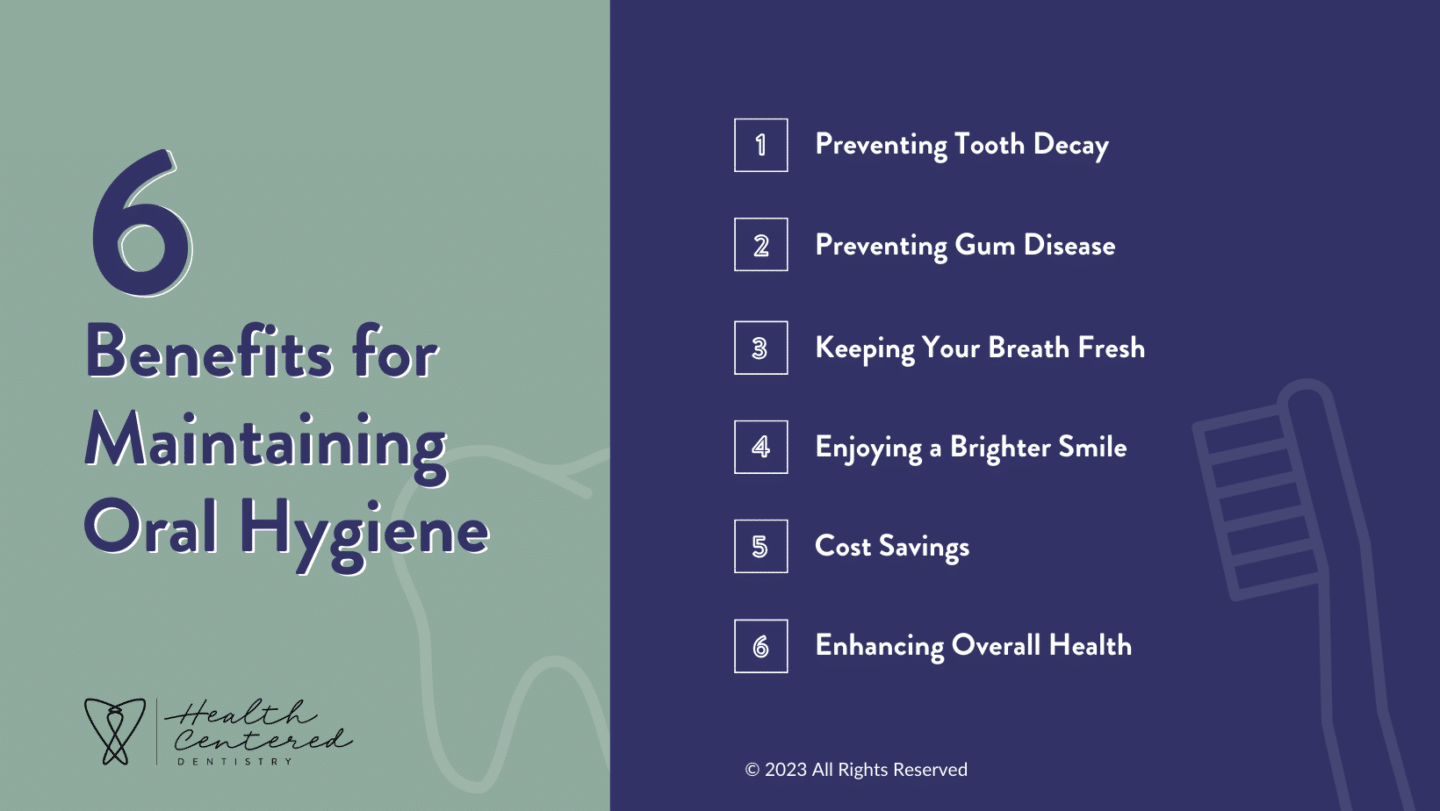As we age, some of us will experience natural tooth decay or other dental ailments that may require a routine tooth extraction — no matter how strictly we adhere to proper oral hygiene. For example, you may have heard of the common wisdom tooth extraction. This often occurs because the wisdom teeth are too far back in the mouth to clean properly, and they are usually removed before decay impacts the teeth.
Essentially, tooth extractions are dental procedures that involve the removal of one or more teeth from the mouth. While preserving natural teeth is the primary goal of dentistry, there are situations where extraction becomes necessary to maintain oral health and overall well-being. But before you consider having a tooth extracted, it’s essential to understand the causes, the procedure itself, and what to expect afterward.
Here, we’ll explore why tooth extractions in Anchorage are sometimes necessary — and how the procedure works.
Do you need a tooth extraction in Anchorage? Reach out to Health Centered Dentistry to schedule an appointment today.
The Importance of Maintaining Oral Hygiene

Maintaining oral hygiene is crucial for various reasons, and it goes beyond just having a bright smile. In fact, it can help you to prevent tooth extractions.
Check out these key points highlighting the importance of oral hygiene:
- Prevent Tooth Decay: Brushing and flossing regularly remove plaque and food particles that can lead to cavities and tooth decay.
- Avoid Gum Disease: Proper oral care helps prevent gum disease, which can cause gum inflammation, bleeding, and even tooth loss.
- Fresh Breath: Good oral hygiene practices keep your breath fresh by removing bacteria that cause bad breath.
- Aesthetic Benefits: Maintaining oral hygiene contributes to an attractive smile, boosting self-esteem.
- Cost Savings: Preventative dental care is generally more affordable than treating dental issues that result from neglect.
- Enhance Overall Health: Oral health is linked to overall health, with connections to conditions such as heart disease and diabetes. Taking care of your oral health can potentially improve your overall well-being.
Incorporating good oral hygiene habits into your daily routine not only ensures healthy teeth and gums but also has a positive impact on your overall health and financial well-being. So, remember to brush, floss, and visit your dentist regularly for check-ups and cleanings to maintain your oral hygiene effectively.
Common Reasons for Tooth Extractions
- Tooth Decay: Severe tooth decay that has damaged the tooth beyond repair may necessitate extraction. Dentists strive to save teeth, but when the damage is extensive and threatens neighboring teeth, extraction is often the best course of action.
- Gum Disease: Advanced periodontal disease can weaken the supporting structures of the teeth, leading to tooth mobility and eventual loss. In such cases, extraction may be required to prevent further complications.
- Wisdom Teeth Removal: Wisdom teeth, also known as third molars, often don’t have enough space to erupt properly. This can result in impacted wisdom teeth, causing pain, infection, and damage to nearby teeth. Extraction is a common solution.
- Orthodontic Treatment: In some orthodontic cases, tooth extraction is necessary to create space for the proper alignment of teeth.
- Trauma: Traumatic injuries, such as fractures or dislodgement of teeth, may require extraction if the tooth is severely damaged.
The Tooth Extraction Procedure
Tooth extraction is not the most comfortable dental procedure, but it is typically performed by a dentist or oral surgeon and follows these general steps:
- Anesthesia: Local anesthesia is administered to numb the area around the tooth, ensuring a pain-free procedure. In some cases, sedation options may be available for patients with dental anxiety or for more complex extractions.
- Tooth Removal: The dentist or oral surgeon uses specialized instruments to loosen the tooth within its socket. They carefully extract the tooth, taking care to minimize damage to surrounding tissues.
- Closure: In most cases, no further treatment is required after extraction. However, if necessary, the dentist may place sutures to facilitate healing.
Post-Extraction Care and Next Steps
After you get a tooth pulled, a bit of local discomfort is expected. It’s essential to follow these guidelines for a smooth recovery:
- Bite on Gauze: Bite down on gauze provided by your dentist to control bleeding. Change the gauze as needed.
- Pain Management: Over-the-counter or prescription pain medications may be recommended to manage post-extraction discomfort.
- Oral Hygiene: Be gentle around the extraction site when brushing and flossing. Avoid vigorous rinsing for the first 24 hours.
- Diet: Stick to soft foods and liquids for the first day or two, gradually reintroducing solid foods as you feel comfortable.
- Avoid Smoking and Straws: Smoking and using straws can disrupt the healing process by creating suction in the mouth. It’s best to avoid these for a few days.
- Follow-up: Attend any scheduled follow-up appointments with your dentist to monitor the healing process.
Tooth Replacement Options
Having a tooth removed can be a strange experience, whether it’s due to injury, decay, or a dental extraction. However, modern dentistry offers several tooth replacement options for adult teeth that can restore your smile and oral function. If you’ve recently had a tooth extraction or are facing one in the near future, it’s a good idea to understand the various replacement options available so you can plan for which one is the best fit for you.
Let’s explore the following options and help you make an informed decision about your dental health.
Dental Implants
Dental implants are often considered the gold standard for tooth replacement. They are a long-lasting and highly functional solution. Here’s how the process works:
- A titanium implant is surgically placed in your jawbone, serving as a sturdy foundation for the replacement tooth.
- After a healing period of a few months, a custom-made crown is attached to the implant, mimicking the appearance and function of a natural tooth.
Advantages of dental implants:
- The feel and function of natural teeth
- They can last a lifetime with proper care
- Helps preserve bone density in the jaw
Keep in mind that a dental implant may not be suitable for everyone due to factors like cost and health considerations. Additionally, the process requires multiple visits to the dentist and a significant healing period.
Dental Bridges
Dental bridges are another common option for replacing missing teeth. They consist of one or more artificial teeth (pontics) anchored to adjacent natural teeth or dental implants. Bridges are a good choice when you have healthy teeth adjacent to the gap.
Advantages of dental bridges:
- A quicker and more cost-effective solution compared to implants
- Restores your smile and chewing function effectively
Dental bridges require the alteration of other teeth, which can weaken them over time. They also don’t prevent bone loss in the jaw, as implants do.
Partial Dentures
Partial dentures are removable appliances used to replace one or more missing teeth. They consist of artificial teeth attached to a plastic or metal framework that fits comfortably in your mouth.
Advantages of partial dentures:
- A more affordable option
- Removable for easy cleaning
- A suitable choice if you have multiple missing teeth in different areas of your mouth
It’s also important to note that some people find partial dentures less comfortable and less stable compared to dental implants or bridges. Regular maintenance is also required to ensure a proper fit.
Full Dentures
Full dentures are designed to replace all the teeth in one or both jaws. They are removable and typically made of acrylic or a similar material.
Advantages of full dentures:
- A cost-effective solution for complete tooth loss
- Restores your ability to eat and speak comfortably
Full dentures may take some time to get used to, and they require periodic adjustments to maintain a good fit. Some individuals may consider implant-supported dentures for added stability and comfort.
Trust Health Centered Dentistry in Anchorage, AK for your Oral Health Needs
At Health Centered Dentistry in Anchorage, we offer tooth extractions and a variety of tooth replacement options. Additionally, our expert dental team provides the best dental care that considers the most sensible path forward for your dental health.
At Health Centered Dentistry, you’ll begin with a consultation so that we can examine your mouth, assess the condition of your teeth, and recommend the best extraction and replacement options for you.
When you choose HCD, you’re partnering with the best in Anchorage for dental health. We’re always mindful of how your oral health affects you. And our holistic dental team is here to help you understand why a tooth extraction may be necessary.
Looking for a dental care expert for tooth extractions in Anchorage? Set an appointment at Health Centered Dentistry to find the best solutions for your individual needs!


